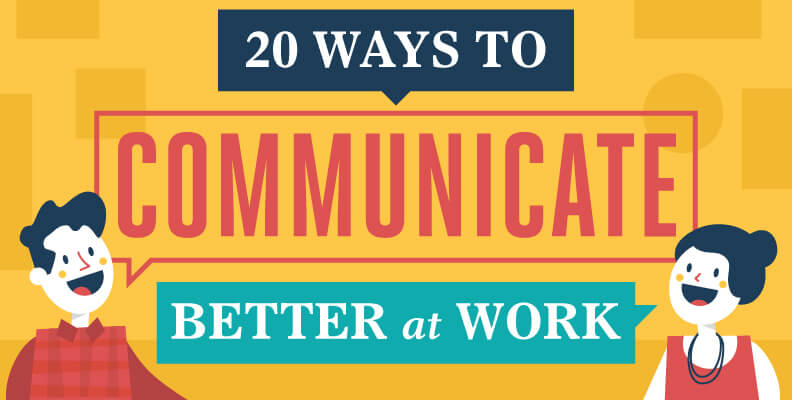Conversations at work aren’t all water cooler gossip and motivational talks: from time to time, you’ll need to have a chat with a colleague who isn’t achieving what they should or from whom your opinion on team goals may differ. It can be an intimidating prospect, with many of us avoiding confrontation at all costs or cowering from the safe distance of email communication. Whether it’s a tough talk on the horizon or a creative meeting with a colleague you struggle to connect with, there are professional techniques that can improve the outcome.
While you can’t put off that talk forever, neither is it advisable to rush in. Preparation means clarifying your own position and goals for yourself, and defining what you need from the other party, before you approach them. Take a deep breath ahead of the conversation: remind yourself to stay calm, and that the best solutions will come from an inclusive attitude in which you seek to resolve a situation together.
Once you’re face-to-face, be concise, be honest – but don’t forget to listen. Interrupting can seriously distract or even anger a colleague, and perhaps more importantly it can prevent them from getting their point across. While you’re listening, make a mental list of questions to ask when they finish talking: this will help you concentrate and give them a chance to cover everything according to their own thought structure.
Finally, don’t forget your colleagues are human. Making eye contact can help foster understanding, as well as strengthening your own position. Body language goes a long way to communicating your point and maintaining a productive atmosphere.
You can read up on further key tips to remember when communicating at work in this great new infographic. Conversation will always be part of a shared working environment, but there is no reason to worry about it when preparation and practice can greatly improve your skills.
Sources
Aquaid (2011). The Water Cooler Effect. aquaidwatercoolers.co.uk
Murphy Jr., B. (2014). 7 Steps to an Inspiring and Memorable Speech. inc.com
Cody, J. (2011). To perform better, focus on ‘we’ not ‘me’. futurity.org
Finkelstein, M. (2011). Why People Interrupt (and what to do about it). marionspeaks.com
Schulz, J. (2012). Eye contact: An introduction to its role in communication. msu.edu
Embed This Image On Your Site (copy code below):







